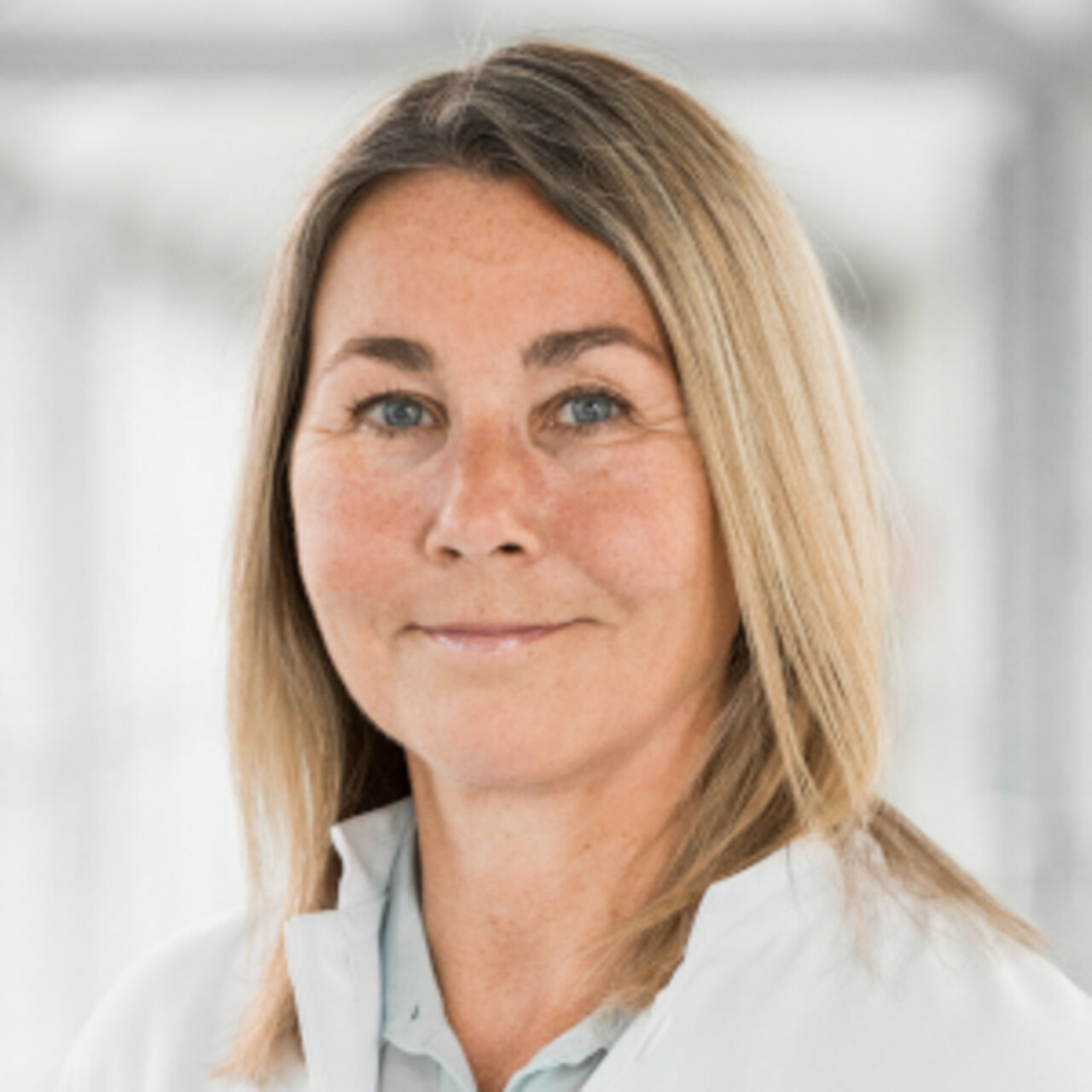Specialists in Thyroid Disease
4 Specialists found
Information About the Field of Thyroid Disease
What Are the Functions of the Thyroid Gland?
The thyroid gland is a hormonal gland attached to the thyroid cartilage of the larynx. It is an organ that influences the metabolic activity of many tissues in the body through its hormones. Thus, it has mainly stimulating effects on development and growth, the cardiovascular system, respiratory and intestinal activity, and even the nervous system.
Which Are the Different Thyroid Hormones?
The thyroid gland releases two different hormones into the bloodstream. One is triiodothyronine (T3), and the other is thyroxine (T4). The T3 is the more active hormone with a more substantial effect and can be produced in the body from T4. T4, on the other hand, remains in the body longer than T3 and thus forms a reservoir. An essential component of both hormones is iodine.
Overview of Important Thyroid Diseases
Thyroid diseases can be roughly classified into functional disorders and structural changes. These can occur together or be isolated from each other. The structural changes are either an enlargement (goiter) or local changes, such as thyroid nodules, which can be benign or malign in thyroid cancer.
The functional disorders are classified into hypothyroidism and hyperthyroidism. Hypothyroidism is most often caused by chronic thyroid gland inflammation by the patient's immune system (Hashimoto's thyroiditis).
Hyperthyroidism can also be caused by an autoimmune process (Graves' disease) but is often associated with "hot" nodules, which means very active autonomous thyroid tissue.
What Are the Symptoms of Thyroid Disease?
If a thyroid gland disease is not conspicuous by structural changes, problems due to the hormone excess, or rather the undersupply, are noticed.
Hyperthyroidism is mainly manifested by an increased energy metabolism of the whole body. As a result, patients often complain of restlessness, sweating, trembling, insomnia, palpitations, or even weight loss with increased appetite.
Some symptoms, such as concentration disorders, muscle weakness, or hair loss, can occur in hypothyroidism and hyperthyroidism.
Otherwise, hypothyroidism is noticeable by a generally low level of physical activity. These include fatigue, freezing, weight gain, loss of libido, general listlessness, and even depression.
Which Thyroid Levels Are Normal?
In addition to clinical examination and ultrasound, standard thyroid diagnostics include determining basal TSH, a regulatory hormone originating from the pituitary gland, supplementary fT3 and fT4 ("f" here stands for free, i.e., directly available to the body) if required.
Due to its sensitivity, basal TSH with a standard range of 0.3-4.0 mU/l is particularly suitable for screening. Values above 4.0 mU/l indicate hypothyroidism, values below 0.3 mU/l indicate hyperthyroidism.
How Are Thyroid Diseases Treated?
As far as therapy is concerned, hypothyroidism treatment is usually limited to medication, where the missing thyroid hormone is administered as a tablet (L-thyroxine).
The procedure is different for hyperthyroidism. In Graves' disease, drug therapy is also the standard procedure (thyreostatic drugs). In functional autonomy, which is often accompanied by nodules or goiter, thyroid surgery or radioiodine therapy is the standard procedure.
How Can Thyroid Disease Be Prevented?
It is difficult to make a general statement about preventing thyroid diseases. On the one hand, the diseases are very different, and on the other hand, in many cases, no effective prevention has been scientifically proven.
There is a tendency in Germany to take too little iodine. Therefore, it is generally recommended to buy iodized table salt to prevent possible hypothyroidism.
Which Doctor Specialized in the Thyroid Gland?
The diagnosis of thyroid diseases using scintigraphy is in the hands of nuclear medicine specialists. The diagnosis is made in an outpatient setting by a nuclear medicine physician, in private practice, or the outpatient thyroid consultation hours of the nuclear department in hospitals. If radioiodine therapy proves necessary, the patient remains under the care of nuclear medicine specialists.
If the nodule has to be surgically removed, the patient is referred to an endocrine surgeon. If drug treatment is considered, internists are responsible. This can either be a general internist or endocrinologist.
We will help you find an expert for your condition. All listed physicians and clinics have been reviewed by us for their outstanding specialization in thyroid nodules and are awaiting your inquiry or treatment request.
Sources:
Basislehrbuch Innere Medizin; Polster, Krautzig; 5. Auflage Urban&Fischer Verlag
Basics Endokrinologie; Marischler; 2. Auflage Urban&Fischer Verlag
Forum Schilddrüse e.V.



